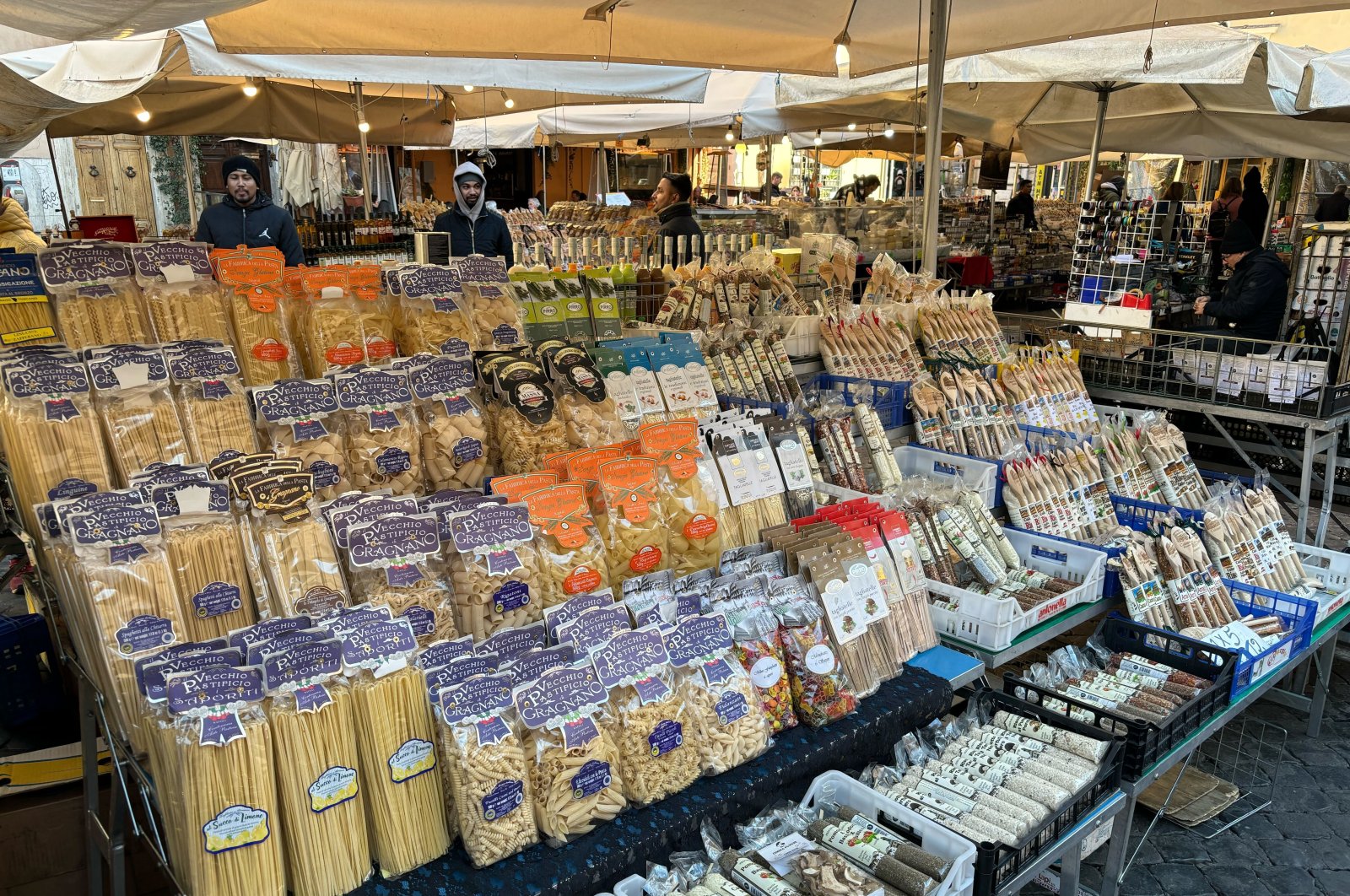Beyond global fame, Italians are aiming even further to make their cuisine popular in space. Italian cuisine is set to be added to UNESCO’s Intangible World Heritage List, and as part of the move, pasta will be provided to astronauts on the new International Space Station (ISS) mission. Fittingly, one of those astronauts is Colonel Walter Villaday of the Italian Air Force.
Astronauts are scheduled to begin their journey into space from Florida on Wednesday, January 17th, and there are a number of science experiments on the menu. Italy’s Agriculture Minister Francesco Lollobrigida is leading a special “Italian Space Food” project, which envisions astronauts eating pasta on Axiom Mission 3 (Ax-3).
Even if the pasta and sauce were just a ready-made meal, Villaday would have little need to convince his companions. He and three other astronauts have already tried the dish during their pre-departure quarantine.
The space mission (plus pasta) is scheduled to launch on International Italian Food Day, which is likely to please the Roman government. Since taking office more than a year ago, Prime Minister Giorgia Meloni’s government has emphasized tradition and promoted everything as “Made in Italy.” The World Day of Cucina Italiana and the space project came at just the right time, and Meloni was delighted to be able to bring “great food and an iconic product like pasta” to heaven.
Meanwhile, on Earth, people are preparing to celebrate International Italian Food Day by holding events and food festivals around the world. The celebration is held on the feast day of St. Anthony the Great, a Christian monk who is the patron saint of butchers.
But just how traditional is Italian food? “Typical Italian food” is simply a clever food marketing ploy to reinforce a sense of national identity, a key concern of right-wing governments. A growing number of critics say that there is no such thing.
After all, isn’t pasta really that traditional?
One critic is historian Alberto Grandi, whose comments have repeatedly sparked outrage in his home country. His theory about Italian food is that “cucina his Italiana” is not traditional, but only a few decades old, and much of that is due to good marketing. “I can say that almost everything that is said about Italian food is wrong,” Grandi told the German Press Agency (dpa).
Grandi rose to fame with his work Denominazione di Origine Inventata (DOI), which translates to “Invented Designation of Origin”, a repurposing of the DOP seal on Italian products, which stands for Protected Designation of Origin. He also started a podcast called his DOI.
Grandi said most Italians first heard about pizza in the 1950s. He believes carbonara is an American dish, while tiramisu and panettone are relatively recent inventions. In his opinion, the best Parmesan cheese is named after the Parma region in northern Italy and is produced in the U.S. state of Wisconsin. Additionally, the famous Pachino tomato, named after Pachino in southern Sicily, was cultivated by Israeli researchers.
Grandi says Italians want to stop further development of their cuisine. History tells us that the dishes that today are considered 100% Italian are the result of cross-pollination, substitution, and imitation. “Italians didn’t teach the world how to cook. They learned how to cook in the countries where they worked as immigrants,” he argues.
Grundy’s theory turns out to be indigestible at home
The author’s ideas have caused a stir in Italy, where the Roman government was spurred into action after an interview with Britain’s Financial Times last year.
“Today, I believe that cooking is the last remaining element of Italian identity, which is why they get so angry when the history of our recipes is questioned,” Grandi says. “Italy wants to stop time and live in an eternal present with no past or future. But it is precisely this attitude that will destroy the image of our country.”
He wonders if having a world day and sending pasta into space will have any positive impact on his country’s cuisine. In his view, International Italian Food Day is just another publicity stunt. He says the same thing about his project to put pasta in space.
But such public relations efforts are not just the work of Meloni’s right-wing government, he says. “Tradition and cuisine are cross-cutting issues, and even the left agrees to some extent.”
On the other hand, the evidence is at least partially there. It remains to be seen whether the food consumed by astronauts on the ISS will taste good, and whether this project will bring Italian cuisine one step closer to the coveted UNESCO World Heritage Site status.
